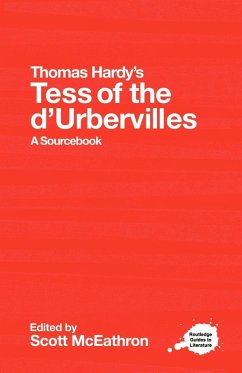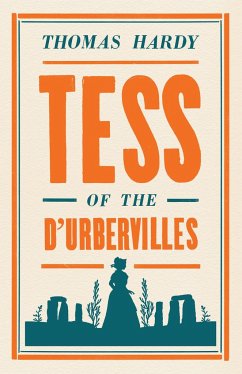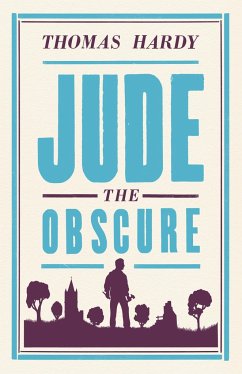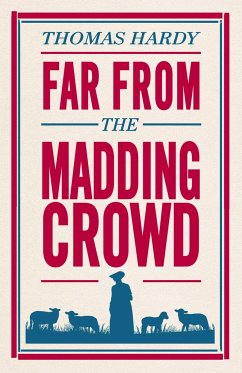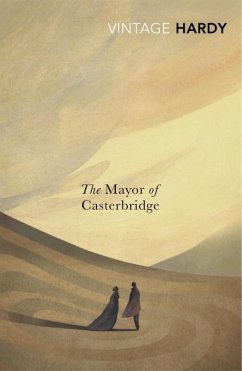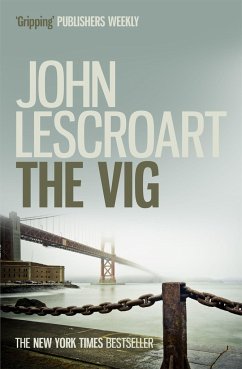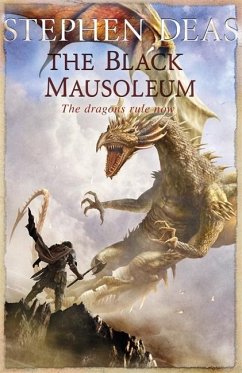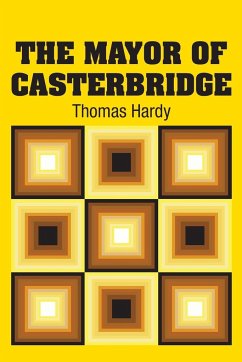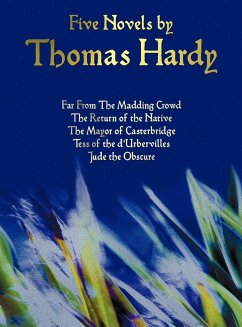
Five Novels by Thomas Hardy - Far from the Madding Crowd, the Return of the Native, the Mayor of Casterbridge, Tess of the D'Urbervilles, Jude the Obs

PAYBACK Punkte
34 °P sammeln!
Thomas Hardy, (1840 - 1928) was an English novelist and poet. He was highly critical of Victorian society and focussed mainly on the declining rural communities. Far From the Madding Crowd - Bathsheba Everdene is an independent and courageous woman who arrives in Weatherbury to become the farmer of the largest estate locally. She attracts three suitors, each completely different to the other. Each also challenges her and complicates her life, leading to a drama that affects the whole village. This is Hardy's first novel set in Wessex, and his descriptions of the rural community and the beautif...
Thomas Hardy, (1840 - 1928) was an English novelist and poet. He was highly critical of Victorian society and focussed mainly on the declining rural communities. Far From the Madding Crowd - Bathsheba Everdene is an independent and courageous woman who arrives in Weatherbury to become the farmer of the largest estate locally. She attracts three suitors, each completely different to the other. Each also challenges her and complicates her life, leading to a drama that affects the whole village. This is Hardy's first novel set in Wessex, and his descriptions of the rural community and the beautiful landscape are rich and haunting. Hardy examines the realities of sexual relationships in this novel with honesty and rigour. The Return of the Native - this is known as one of Hardy's most powerful novels, once again set in Wessex, but this time set on the wild and moody Egdon Heath. Clym Yeobright, comes home from a cosmopolitan life in Paris. And so Hardy spins a tale of love and passion, and ruthlessly examines the role of Lady Luck in the fortunes of the people of the village. The Mayor of Casterbridge - in drunken rage Michael Henchard sells his wife and baby daughter for five guineas at a country fair. Over time, he becomes a respected and wealthy pillar of the community of Casterbridge. However, he is a troubled hero, his shame never far from him and his personality flawed by his temper. Hardy's novel is sympathetic and dramatic, set against Hardy's evocative descriptions of a close-knit Dorsetshire town. Tess of the d'Urbervilles - Tess Durbeyfield is a young peasant woman who discovers by chance that she is a descendant of the noble family of d'Urbervilles. Her life changes radically, she discovers enduring love as well as dreadful guilt. This novel is passionate and tragic, Hardy explores the cruelty of rape, which would have been utterly taboo at the time. Jude the Obscure - This is Hardy's masterpiece. He traces a stonemason's doomed romance with his cousin. In this novel all the Victorian's cultural mores are criticised - marriage, religion and education. The outrage after this novel was published caused Hardy to give up on writing novels all together and focus on poetry. It is, of course, a pioneering work of feminism and socialist thought.





